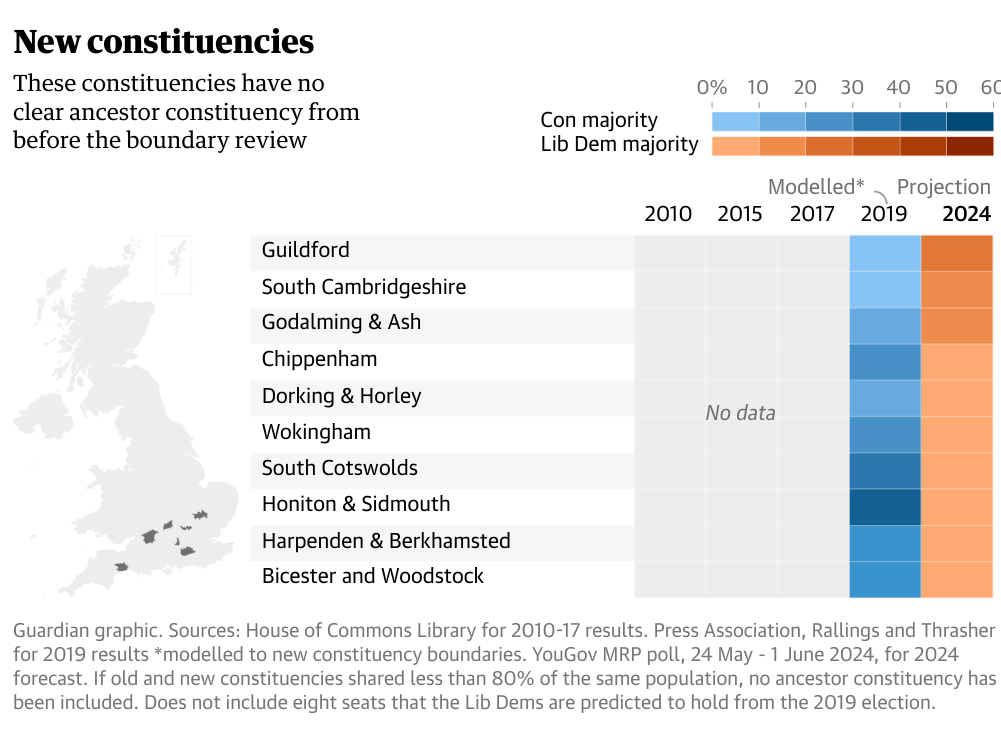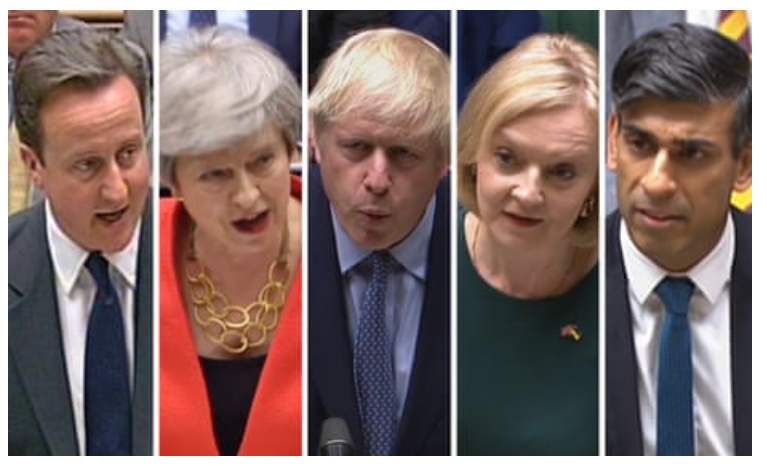The NHS will need £38bn more a year than planned by the end of the next parliament in order to cut the care backlog and end long treatment delays, political parties have been warned.
Denis Campbell www.theguardian.com
Labour and Conservative promises on NHS funding “fall well short” of what the beleaguered health service needs to recover from years of underinvestment, according to the Health Foundation.
Politicians are not being honest with the public about the money needed to revive an NHS that is grappling with record numbers awaiting care, inadequate access to GPs and a collapse in public satisfaction, it added.
The NHS will need such huge sums to cope with the rising demand for care that the next government will face “difficult trade-offs” in how it allocates scarce resources, the thinktank said. Failure to give the health service enough money in coming years would mean recent pledges to improve the NHS will not be fulfilled.
The Department of Health and Social Care’s budget will rise by £7.6bn to £196.9bn by 2029/30 under current spending plans. But it will have to increase by £38bn more than that to £235.4bn if whoever is in power after 4 July wants to see “sustained improvement” in its performance, Health Foundation modelling found.
“The health service is in crisis and the main political parties have said they want to fix it. Yet the funding they have so far promised falls well short of the level needed to make improvements,” said Anita Charlesworth, the director of the thinktank’s long-term economic analysis department.
The NHS will need to receive average annual budget rises of 3.8% over the next decade to keep up with the ageing, growing and increasingly sick population, the thinktank calculated.
That 3.8% is significantly above the projected rate of economic growth (1.9%) and planned rise in spending on public services (1.6%) over that time. It also goes well beyond the amount expected if ministers stuck to the Office for Budgetary Responsibility’s 0.8% projected rise in health spending, the thinktank added.
The analysis said: “Addressing the funding required to improve the NHS would mean facing up to difficult trade-offs with the funding needed by other public services and levels of taxation.
“Honesty about these trade-offs has so far been conspicuous by its absence from a general election debate that has been characterised by ‘a conspiracy of silence’ about the choices on public spending and taxation that will confront the next government.”
Whoever is prime minister on 5 July should “level with the public” about the true level of funding the NHS will need to once again deliver key waiting time targets, such as the 18-week wait for hospital care, as well as paying staff more and increasing capital investment.
NHS bosses endorsed the Health Foundation’s analysis. “Put simply, if a new government is going to fulfil campaign promises to tackle NHS backlogs and improve performance, then it will have to invest further,” said Dr Layla McCay, the NHS Confederation’s director of policy. The NHS will need “billions of extra funding”, she added.
Julian Hartley, the chief executive of hospitals group NHS Providers, said health trusts desperately need more capital funding to tackle the effects of “chronic underinvestment in buildings and facilities”, which has left some hospitals so decrepit that they “threaten patient and staff safety”.





